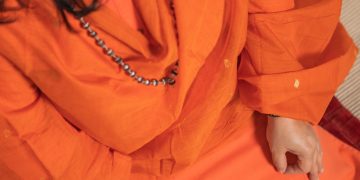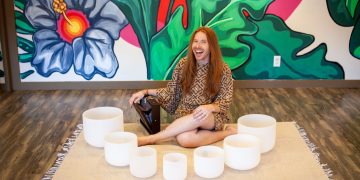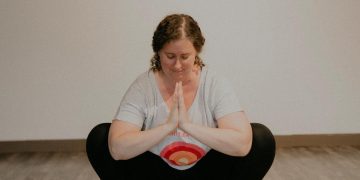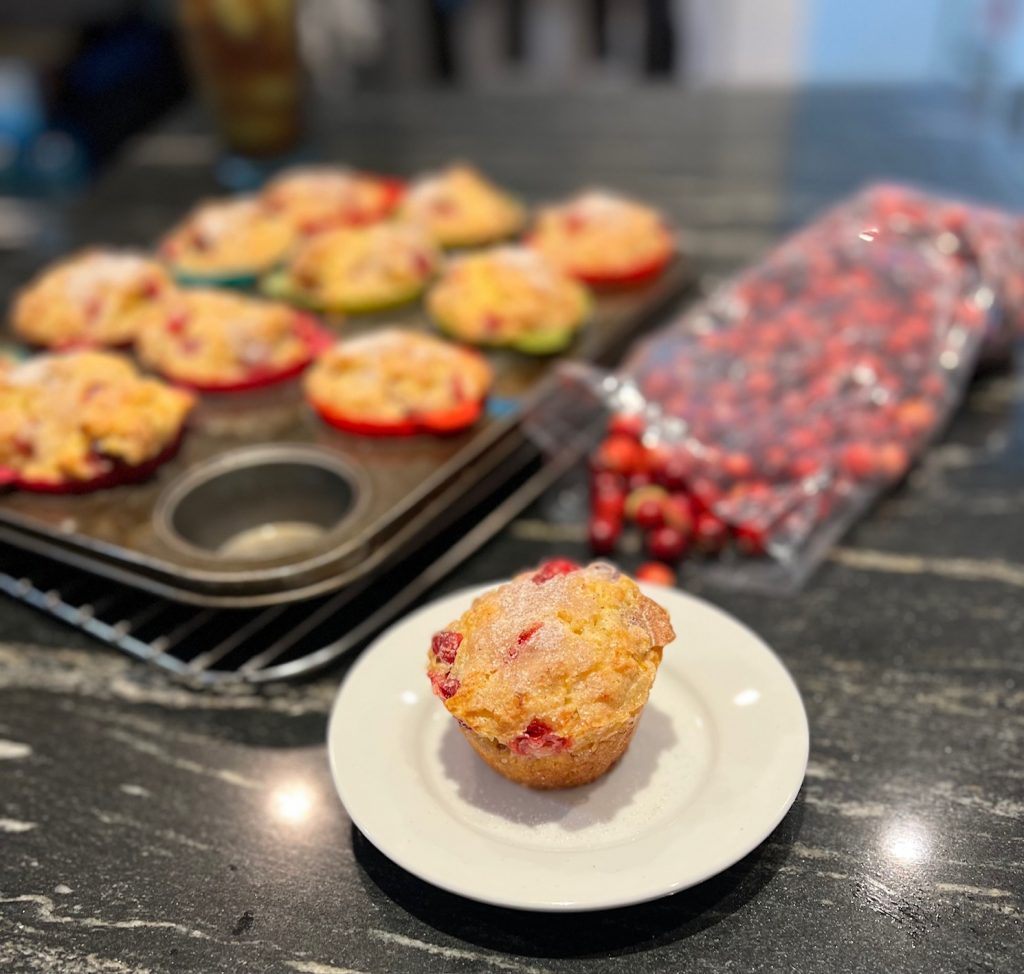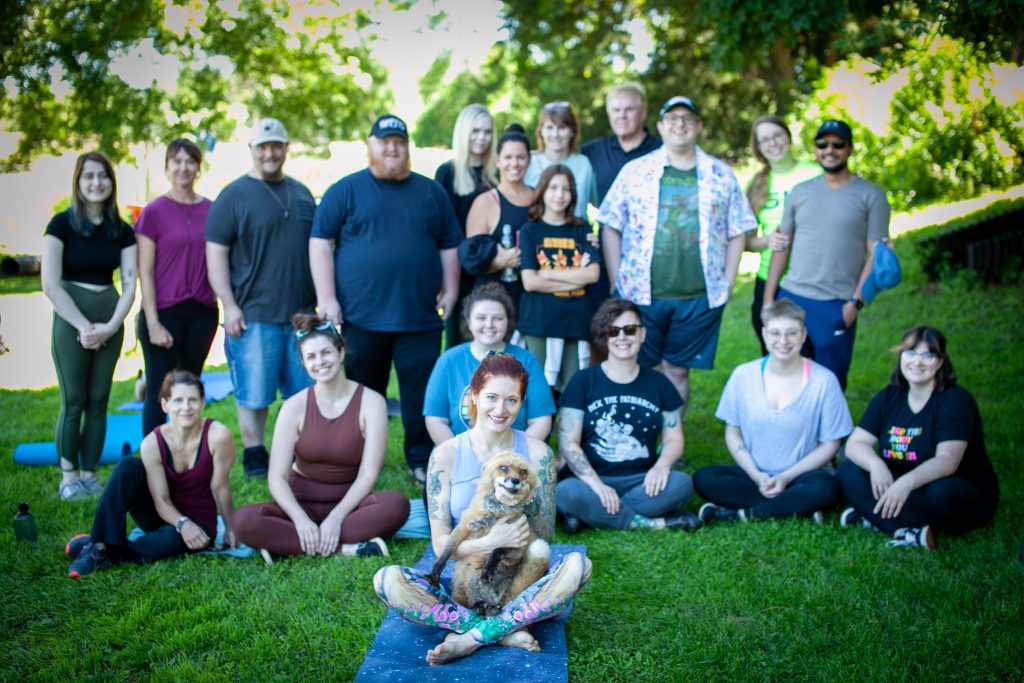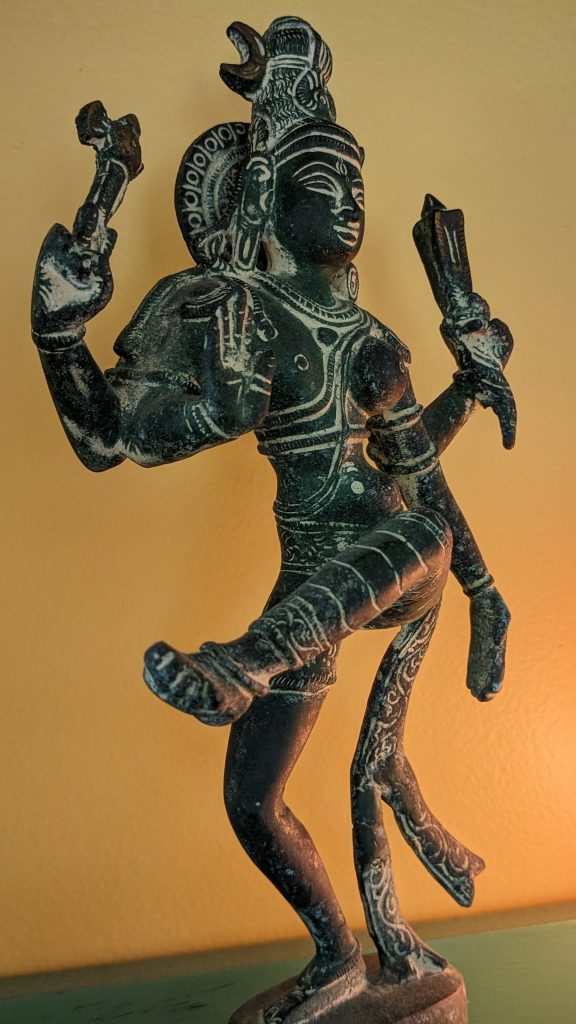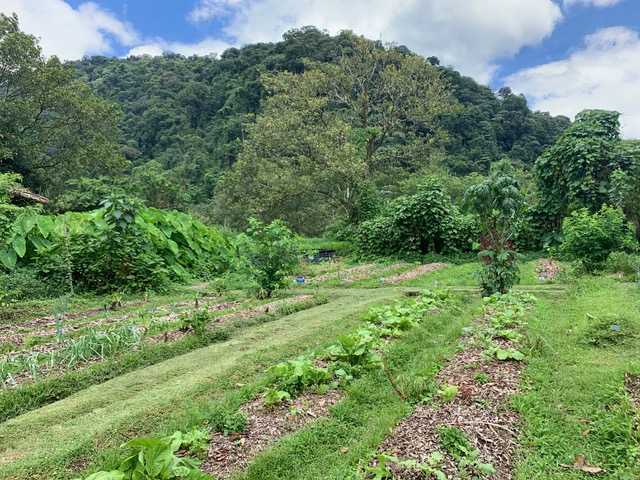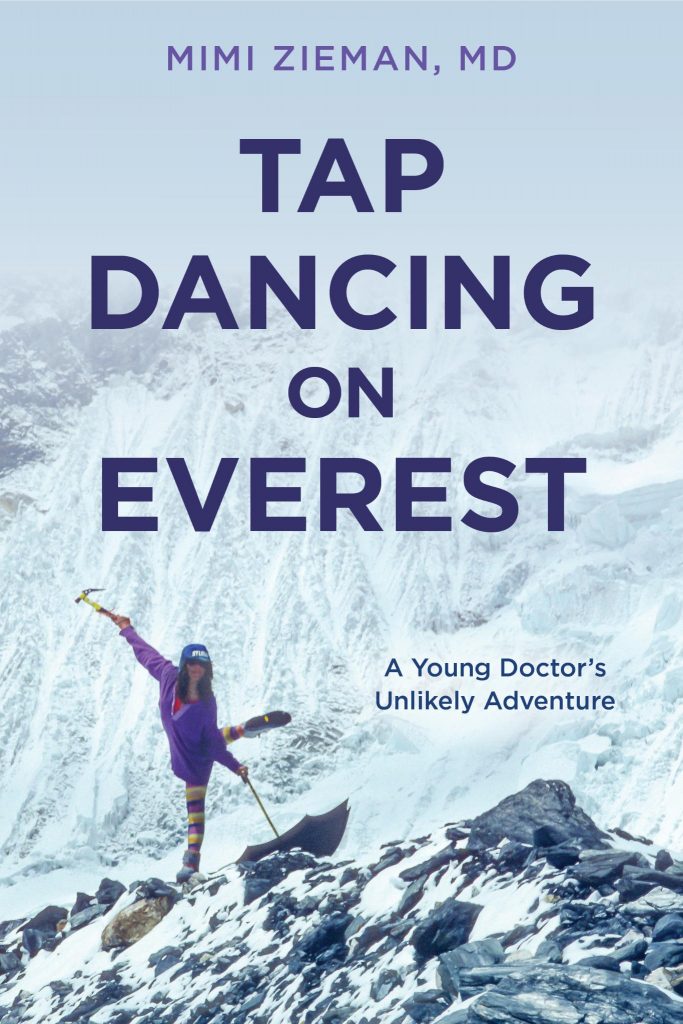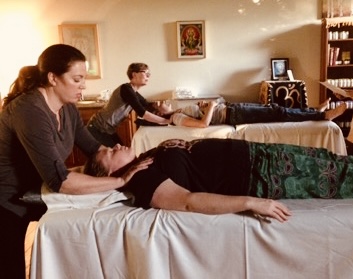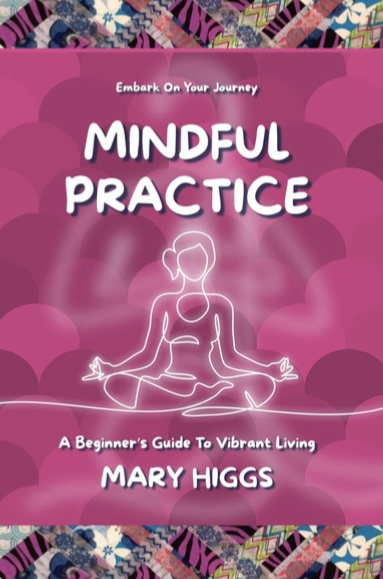“This is the only space where I feel like I can be my real, whole self,” they said. “I can’t talk like this with the other people in my life. It’s so lonely.” I heard these words over and over again in my therapy room over the years, holding space as a feminist psychologist specializing in complex trauma recovery. Client after client would describe how freeing it felt to be so open and real in our sessions, yet how this contrasted with the complications of finding this level of meaningful connection outside of the therapy room. Much of our work would focus on translating this felt sense of “realness” and connection into everyday life outside therapy.
Turns out I could have taken a dose of my own medicine. Hi, my name is Jillian and I experience loneliness. Historically, the thought of verbalizing my feelings of loneliness, much less in a public forum, horrified me. Despite the fact that for years in my professional role as a psychologist I would encourage others to do so. Us healers and professional space holders can be stubborn.
Loneliness, much like hunger, is a biologically wired, pain-inducing experience that at its core function drives us to seek out connection with others to relieve it. Much like eating a meal nourishes and eases hunger pangs in the body, seeking out connection with others is meant to ease our feelings of loneliness. This system works great if the loneliness or hunger is only periodic or episodic. But when hunger and loneliness become chronic in our lives, our nervous systems read this as a life threat response and begin to shut down the urge to reach for the very nourishment we need.

Chronic loneliness disrupts our natural righting reflex to seek out connection when we feel lonely. To further complicate this, once loneliness becomes chronic it tends to feed itself. The more time we spend away from meaningful connection, the more skewed our perceptions become within social settings. Chronic loneliness hurts. Yet we begin to perceive that despite the hurt of not belonging, it is not worth the risk of opening ourselves up to further rejection.
Research by social neuroscientist John Cacioppo at the University of Chicago found that the more socially isolated we are, the more fixated we become on monitoring social cues around us. Despite all the extra focus on others, we become much less accurate in our perceptions. We begin to view neutral faces and interactions as more threatening and rejecting of us. We become more preoccupied with how others interact around us all the while interpreting these situations as unfriendly or less socially welcoming.
Wired for survival at all costs, our brains will overestimate risk like none other to help keep us alive. When triggered, our nervous system will revert to its primitive survival hardwiring and only the very essential to our survival resources become available to us. Separation from our tight knit group of humans many, many moons ago used to mean almost certain death. So it makes sense that loneliness still induces a trauma response in our systems.
The trauma of chronic loneliness causes us to withdraw into ourselves in such a way that keeps us from reaching out to others when we need them most. Finding a way to reach for connection amidst this social shutdown response is key to our thriving.
Awareness of our tendency to misperceive others around us when we feel lonelier is key to interrupting the social shut down response. Practicing challenging the urge to socially disengage when feeling lonely opens up opportunities for connection otherwise missed. So finally text that old friend back, say hi to the stranger, say yes to the invite, or even attend that event by yourself because you belong there. You might be surprised what happens next.
Dr. Jillian Simpson is a feminist psychologist, coach, yoga teacher, and professional troublemaker. She earned a doctorate in Counseling Psychology from University of St. Thomas in Minnesota and possesses over 20 years of clinical mental health experience helping a different range of humans rise above all manner of trauma, tragedy, and suffering. Her superpower is seeing human potential and she is passionate about co-creating spaces of belonging where humans feel safe to show up real. She founded Velveteen Alchemy, a feminist psychology yoga coaching practice aimed at wholeness embodiment, internalized oppression eradication, and support reclaiming our wild.


